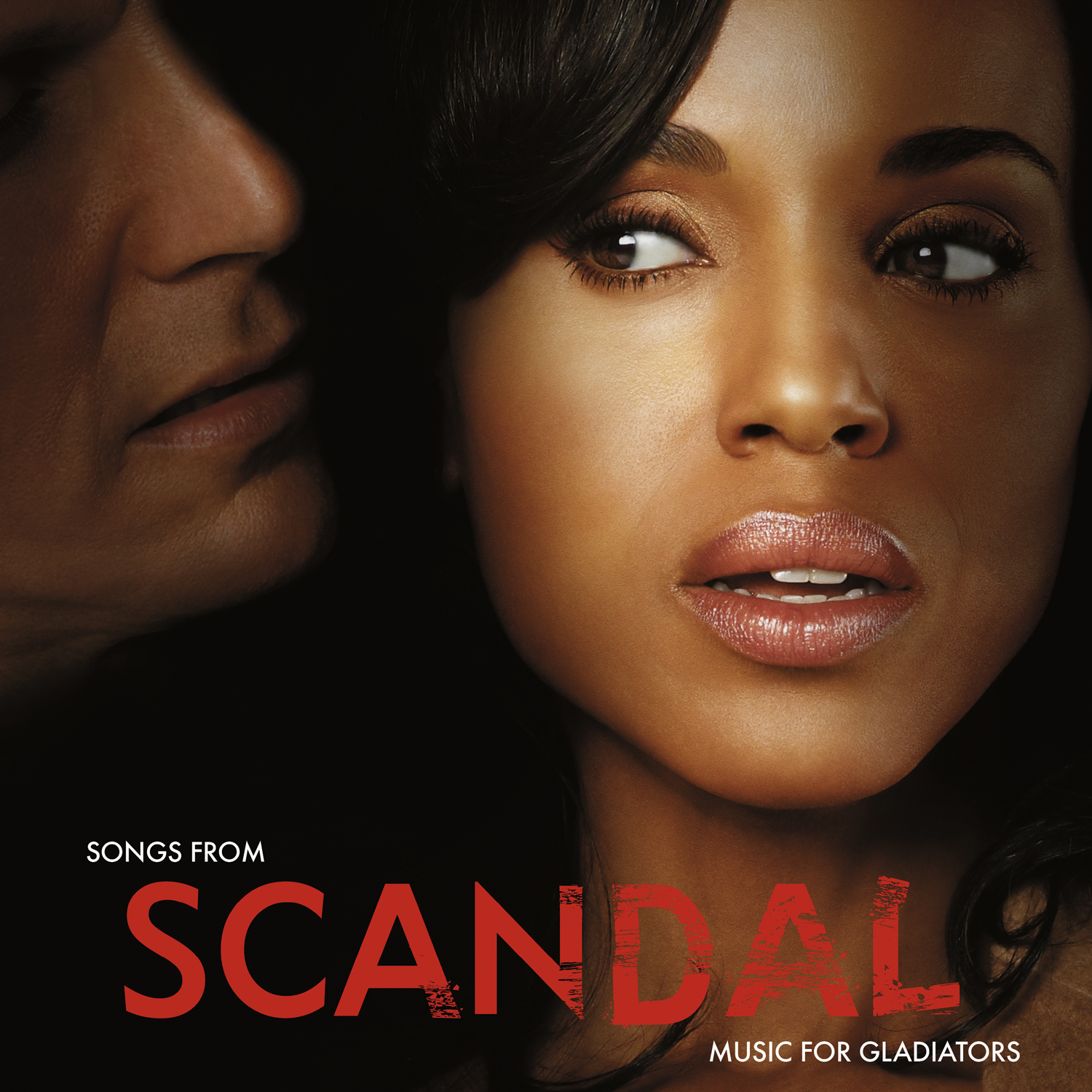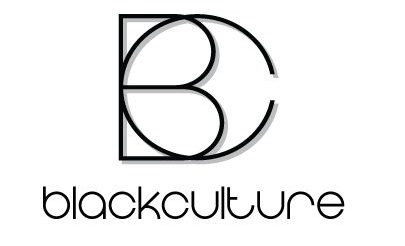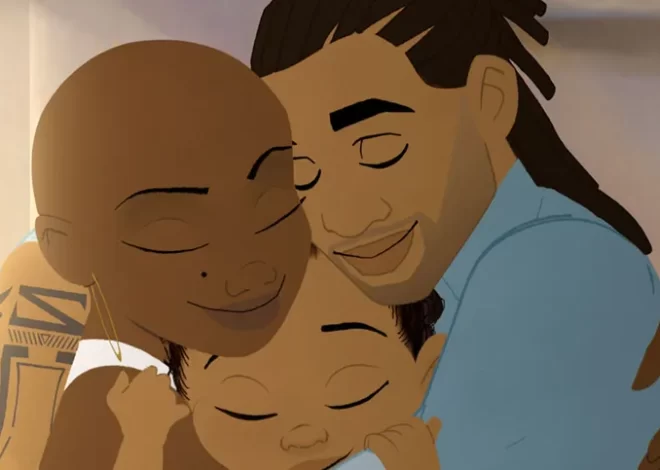
Rape and Television’s Scandal
This post contains spoilers for last week’s episode of Scandal and includes discussion of rape. Originally posted on Persephone Magazine
As I do without fail every Thursday this year, I was enjoying an episode of Scandal while participating in a live tweet. Viewers, staff, and cast interact live while watching the show in a thoroughly modern new way of enjoying media. Suddenly, in the middle of the episode, I cowered back. “He’s not…they’re not…am I seeing what I think I’m seeing?” Mellie Grant, (played wonderfully by Bellamy Young) the fictional First Lady, was shown in a flashback episode, raped by her father in law. Like many viewers, I was upset, then angry, and my question is, “Why was this necessary”?
They could have easily cut the scene depicting the assault and the viewer would have understood exactly what had happened. If it had cut directly from the scene where Big Jerry started to grope Mellie and cut to her look of despair when she went to her bedroom, it would have been distinctly apparent what had happened, just as we all know what has happened when there’s a scene of a couple embracing that turns into a shot of a fireplace. It might even have worked better without it, if shock value is what the writers were looking for.
This episode carried no content warning. Even worse, the episode is titled “Everything’s Coming up Mellie,” a bitterly ironic title that suggests that for the first time in a while that things were looking up for the First Lady. The effectiveness of warnings is debatable, but I do believe that when someone is going to be exposed to graphic violent content that they should have a choice beforehand. It’s not something to spring on someone without warning. This omission, in my opinion, was intended for maximum shock value, and at the expense of the well-being of the viewer. It comes off as manipulative and damaging, damaging to viewers who have experienced rape or sexual assault, or anyone who has ever feared it.
Last season, on the very same show, there was a recurring plot point involving torture of the Huck character (including waterboarding) that included somber content warnings at the beginning of every episode that included it. Yet, for the rape scene, there was absolutely no warning. Why a warning for graphic content for someone being tortured, but not for a rape (which could be defined as torture)? Is it because rape is still not thought of as a violent crime? Many rape scenes and images often seem intended to titillate more than increase awareness, as if there is little distinction between a sex and a rape scene. The scene subtly depicted Mellie’s horror and fear during the scene and after, when she quietly climbed into bed with her husband, who was too self-absorbed to realize that something was amiss.
Now, I don’t think that rape should be excluded from storylines. It does happen to one in four women, and that should be discussed. I absolutely don’t think that the topic should be brushed under the rug, but this seemed more intended to produce gasps than anything else. And introducing the plot point of the paternity of Mellie’s first child didn’t help. It turned serious subject matter into what sounds like a bad episode of Maury.
I dont think that this was intended to make the show realistic. After all, this is a show that includes a man who is a Republican chief-of-staff with a husband who reports on The White House from within. As much as I enjoy the show, that alone is evidence that Scandal definitely requires a certain suspension of disbelief.
There has been much discussion of this on social media. Die-hard fans of the show voiced many of the same comebacks to upset viewers, including:
“Shows like SVU regularly include rape scenes, and no one complains.”
SVU is a show that is exclusively centered on sexual violence. Every single episode includes an introduction that states exactly what the show is about.
“Life doesn’t include warnings.”
No, it doesn’t. But this isn’t life, it’s television. Some people want to watch television for fluffy escape, some for serious programming, some for both. What is important is giving them a choice of whether or not to view graphic content. When you don’t give the choice, you’re stripping the viewer of their agency in not allowing them to protect themselves from extremely upsetting content.
I understand wanting the show (notably the first drama in decades to star a black woman) to be a success and thus being wary of criticizing it. But enjoying something and criticizing it are not mutually exclusive. I adore the show, the cast, the storytelling of Shonda Rhimes. But this episode has definitely made me wary of watching again.



